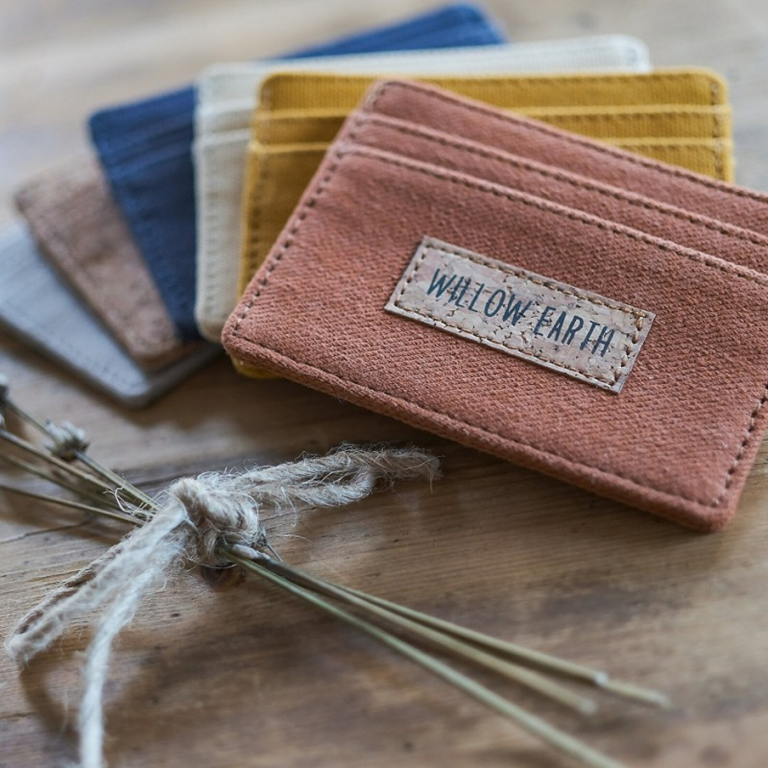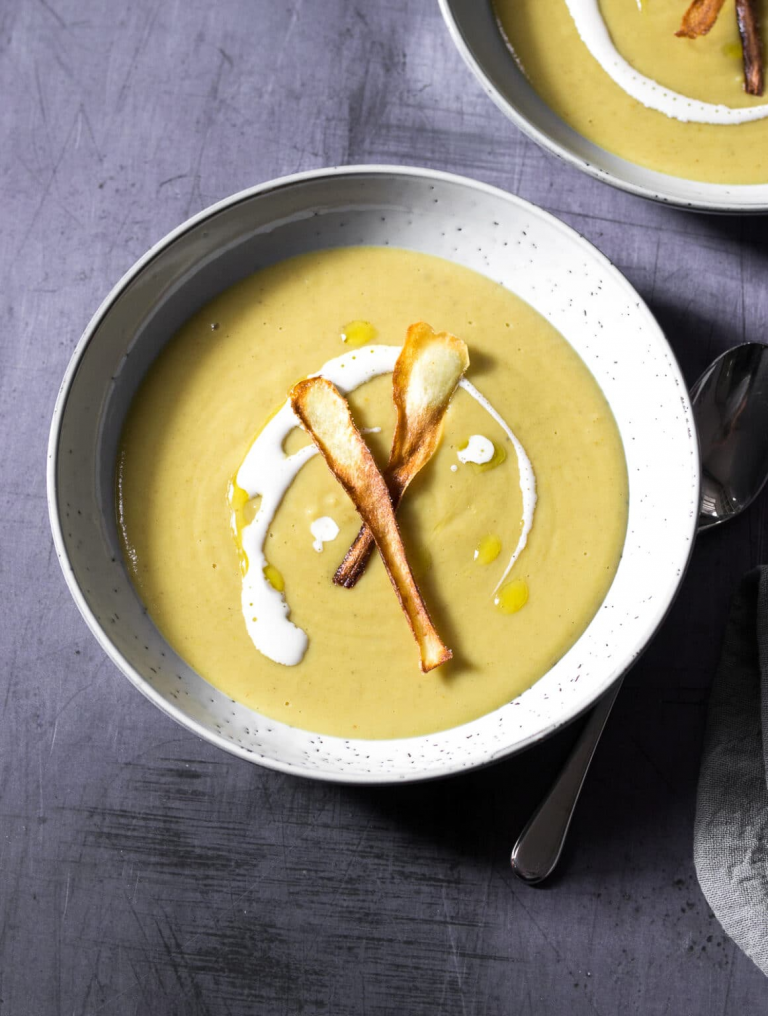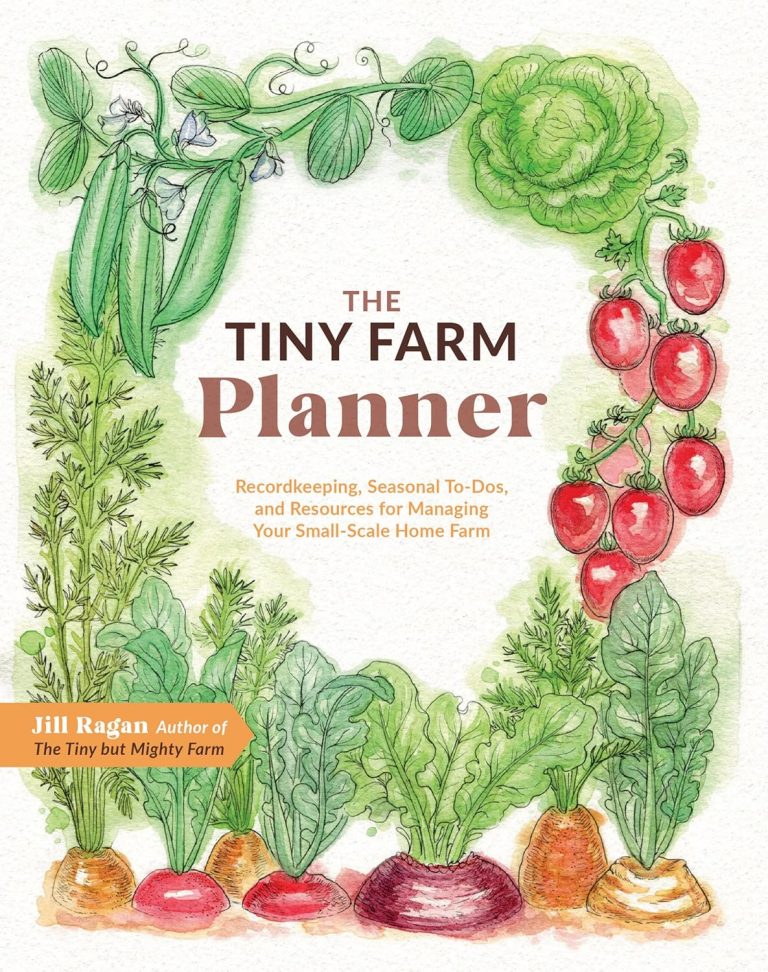
So it’s the end of your bath! So rather than wrapping your body up in a scratchy polyester towel, indulge in some Dip & Doze organic cotton towels sold in sets of four, in neutral colours to blend with any bathroom design.
Unlike synthetic materials, these can safely be laundered, without leaching microplastics from washing machines into the sea. Avoid fabric conditioners, as they reduce absorbency.
Organic cotton is not just good for the planet, wildlife and farmers, but as the fibres are not treated with chemicals, they tend to last longer too. To reduce bacteria build-up, hang up after use, and wash hand after every couple of uses.
If using old towels to transport creatures to wildlife rescue shelters, remove the tassels (they could tangle in paws and claws).
Bath Time Safety Tips
Always stand up slowly after baths, and avoid very hot baths if pregnant/nursing or for heart or blood pressure conditions. Avoid slippery bath oils, use non-slip bath mats, and if needed, use a bath seat/bench and grab rails.
Never face indoor plants to gardens, to help stop birds flying into windows. Read of plants to avoid near pets (including lilies and sago palm). Also read about giving dogs baths.
Safety for Baby Baths
- NHS has a 2-minute video by a midwife (never leave a child alone and avoid baby seats that can quickly detach and drown, even in a few centimetres of water).
- Run cold water first (add hot water, testing with wrist or elbow). Keep your baby’s head clear of water.
- Don’t bathe straight after feeds, or if hungry or tired. Avoid baby oils, due to risk of slipping.
- Avoid talcum powder, it’s linked to ovarian cancer and banned in many countries. Don’t use cotton buds to clean baby’s ears (the cause of nearly all infections).
A Simple Tip to Save Bath Water
A bath uses around 150 litres of water, compared to 50 litres for an energy-efficient shower. So just indulge, but have fewer baths! A family of two adults and two children that switches from one full bath each week to a shower, saves 400 litres of water each week – 20,000 litres a year!
If you use ‘bath water diverters’ that recycle bath water into the garden, choose unscented biodegradable bath products (even sea salt could harm plants).






